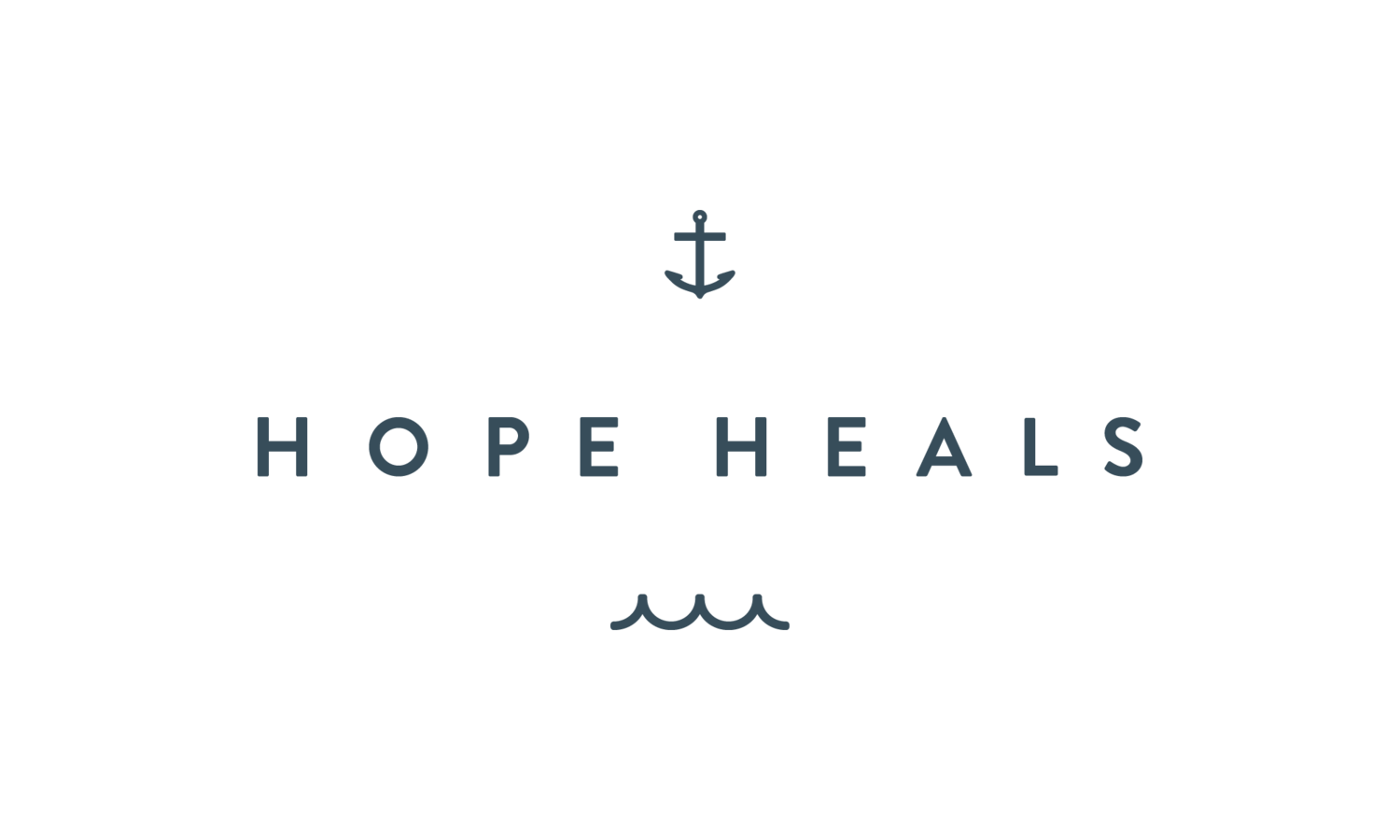Eyes to See
I used to believe that on Earth, most of us received an equal distribution of pain; we all had a comparable “storm” to endure, to use the vernacular of the pastors of my youth. But after two “storms” in my first quarter of a century—my dad’s suicide and a seventeen-hour brain surgery—I started to wonder if maybe this wasn’t true. Maybe pain didn’t play fair.
The sunset the day we buried my dad. Looked like a War Eagle to us!
I thought if I white-knuckled my way through my first bout of grief, I would find joy on the other side. Yet there was still pain in my life years after losing my dad; I believed my grief to be too big for God. I held my pain close, gripping it between clenched fists and gritted teeth, not believing that the God I said I trusted could heal me.
So when grief arrived for the second time, I still did not know how to access the Living Hope I sang about. I was diagnosed with a benign brain tumor in May of 2020. Doctors were able to remove it, but with the loss of the tumor came the loss of control of the left side of my face and a loss of balance.
Recovery is a series of wants. In the hallucination-saturated days of the ICU, when I was not always sure what was real and what was not, all I wanted was to get on a regular hospital floor. Once transferred to a floor, all I wanted was to go to rehab. In rehab, all I wanted was to go home. But when I got home, I still longed for more. I longed to drive, to smile, to not spend hours a day in physical therapy. When one want was met, there was always something else to want. I couldn’t be satisfied.
My heart rate monitor in the hospital. I felt like E.T. (my dad’s favorite movie!) the whole time I wore it.
In the weeks after surgery, I found myself at an in-between: never had I been so grateful for my life, while at the same time, never had I been so unhappy with my body. I am relearning something I thought I learned years ago: the body is just an imperfect vessel, carrying us as we pass through this life and into the next. When my dad died, I pondered the fact that when I thought of my dad, I thought of his face, his hands. But that wasn’t him, not really. His body just housed his soul.
I did not know how attached I was to my able body. I grieve the loss of smiling, of hearing clearly in crowded rooms, of running.
But in the midst of pain, I’ve beheld beauty as I’ve never known before.
I see stunning grace in every smile, elegance in every step. God’s creation is truly marvelous to behold, and I feel as though—in the struggle to see beauty in myself—I’ve been gifted eyes to behold it in everyone around me, a glimpse of the beauty God sees when He looks upon His creation.
Ironically, my eyesight has never been worse. Due to nerve damage during surgery, my left eye is currently sewn shut for its protection. Yet my vision has never been better. God has given me eyes (or rather, one eye) to see as He sees, and He sees each of us as image-bearers. His workmanship is evident in all of his creation. He delights in us. And so, it is in His love that we too can find joy, even in the midst of pain.
God is teaching me that I can be both thankful and frustrated, fractured and faithful. Maybe this place of in-between, of both/and, is the place where we find true hope and healing.
My therapist snuck me outside so I could see my visiting coworkers up close.
I can recognize the staggering grace God has shown to me and still long for more, as David does so often throughout Psalms. Joy does not lie on the other side of my facial paralysis. I don’t have to wait until I can smile again to feel happiness or until I can drive again to feel freedom, as these things could never come. But God offers something better, now: holiness.
The desires of our hearts may be left unmet; God doesn’t promise to give us everything we’ve ever wanted. He promises something better: His presence, to be our one true hope. And we can access that hope when we come before the Lord, even with our fractured faith and broken bodies, with our clenched fists and gritted teeth.
I grow tired of not being able to hold a fork and knife simultaneously, of not being able to take the stairs two at a time, of sipping hot coffee through straws. But then I am reminded when I am weak, He is strong. It is in these moments of weariness that I am most prone to inviting God in, to crying out. So that is what I do.
In this storm, this second season of grief, I open my fists, unclench my teeth, and I ask God to carry me through.
My husband Clint and I made a mad dash for a snack in downtown Atlanta in between doctor appointments. Since we couldn’t see each other while I was in rehab, we took any semblance of normalcy that we could get.




